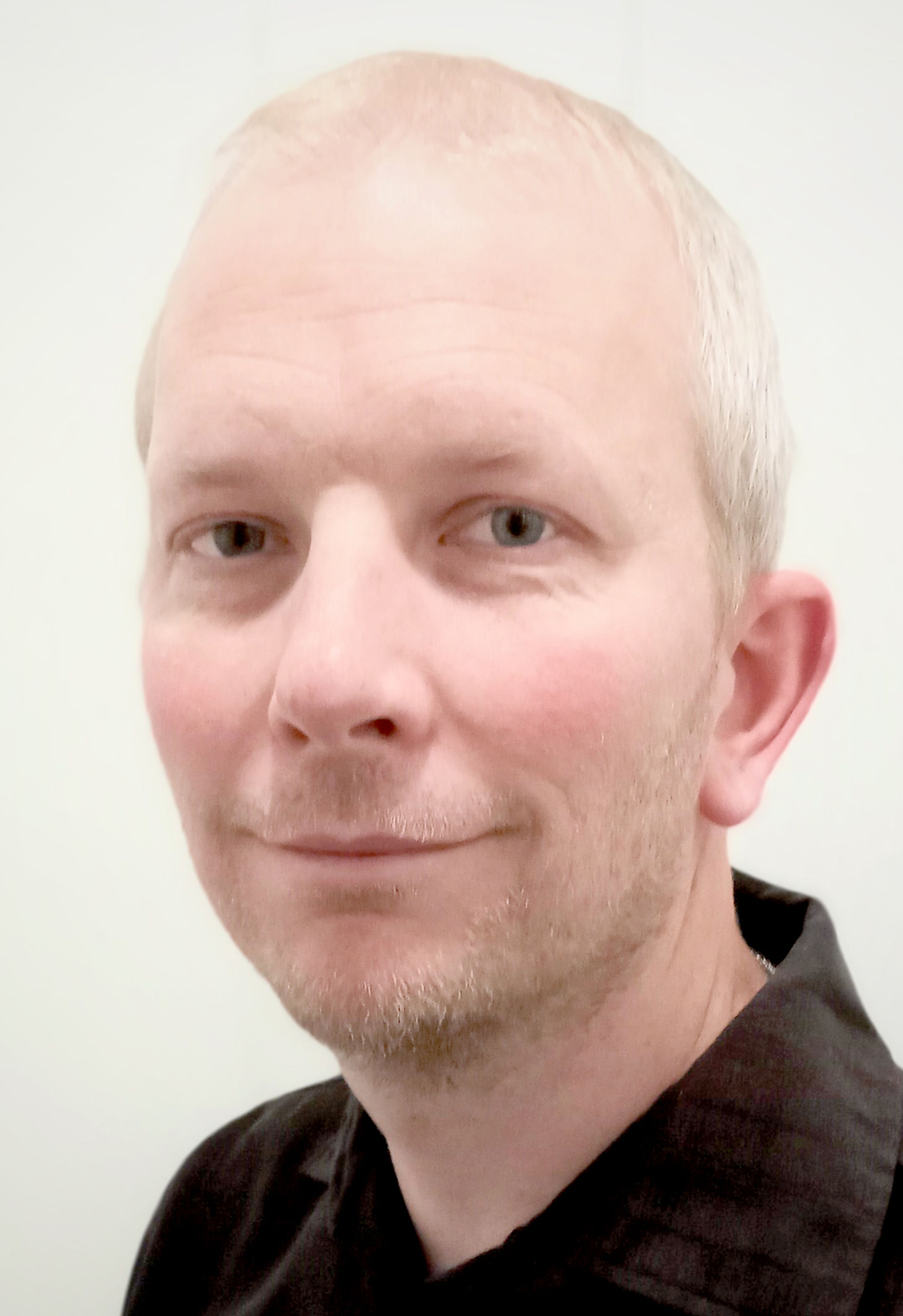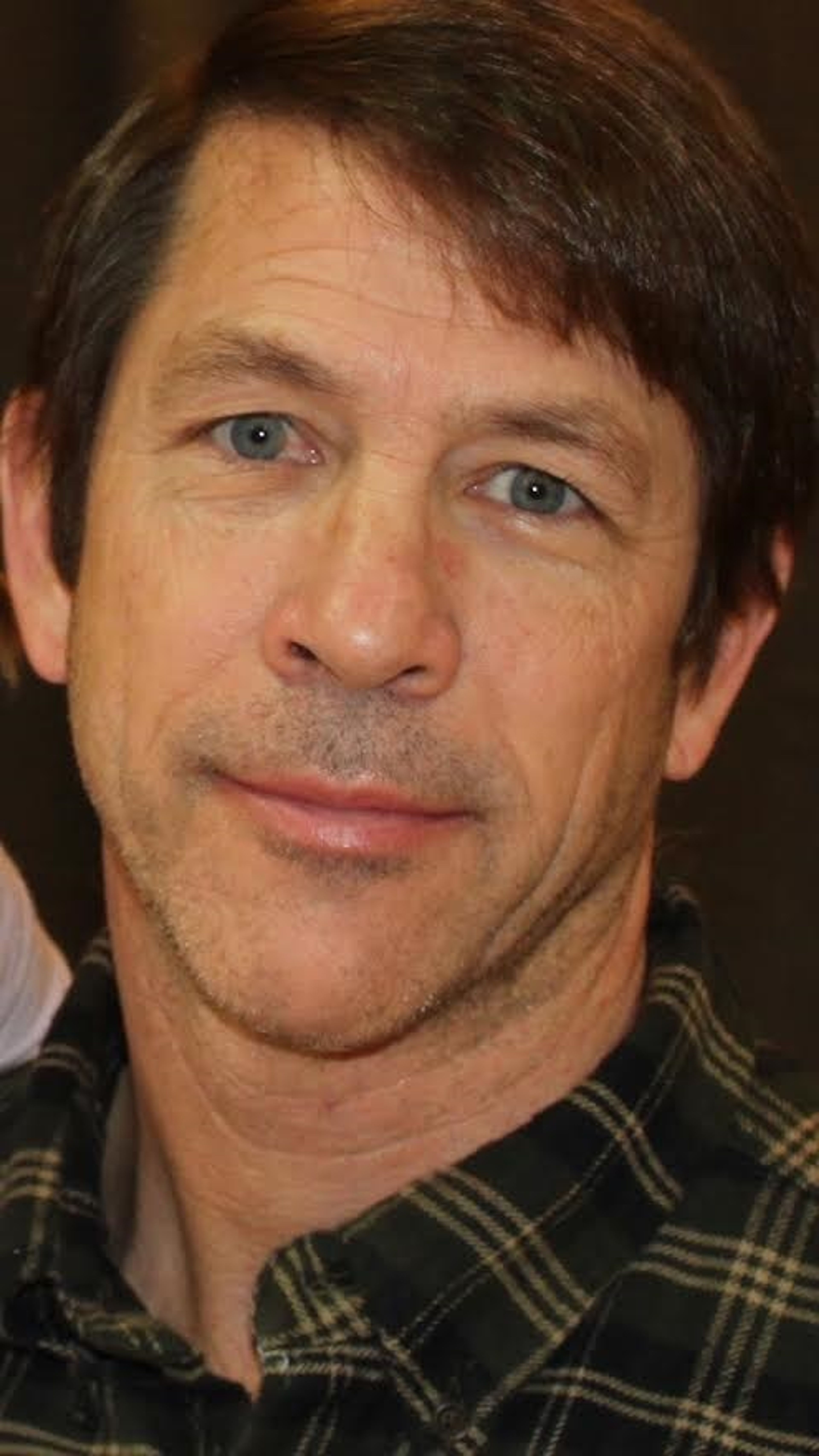When I go grocery shopping, like any good eco-conscious citizen I always remember my reusable bags. I put them into a plastic cart, which I fill with plastic jugs of milk, plastic-wrapped bread, plastic bags of cereal, plastic clamshells of produce and plastic-wrapped meat on Styrofoam trays. I run a plastic card through a plastic machine, put my purchases into reusable bags (also plastic) instead of disposable ones, and haul it to my gas-powered car (50% plastic by volume!) to take back to my vinyl-sided home. There, I prepare my food with plastic kitchen tools and appliances, store the leftovers in plastic containers, and put all the packaging into another plastic bag inside a plastic can to be thrown away. Boom. Planet saved.
Or not. It’s easy to become cynical about our ability to make environmentally friendly decisions, especially when so much of what and how we consume is outside of our control. Recently, many writers have been pointing out specifically how little impact recycling has given the scale of the environmental problems we face. However, while recycling (like reusable bags, alternative straws and the like) will not save the planet by itself, it is one important piece of the puzzle.
Recycling can reduce the greenhouse gas emissions from steel production by 87%, from aluminum production by 96% and from most other materials by 30-40%. Recycling plastics takes less than 20% the energy of producing new plastic, and recycling one ton of paper saves about 17 trees and 7,000 gallons of water. In addition, recycling contributed $117 billion to the U.S. economy in 2021.
In Latah County, of the 43,000 tons of waste collected annually by Inland Northwaste, 13,500 tons (~31%) is diverted to recycling. However, while Moscow has had curbside recycling for more than 8 years, many people are still disturbingly bad at it. While only about 5-10% of recycling is contaminated or incorrectly sorted, another 30% of what ends up landfilled could have been recycled had it been properly sorted. In addition to the aluminum, tin cans, #1 and #2 plastic bottles and jugs, and mixed paper and cardboard accepted via curbside recycling, you can also recycle glass, scrap metal, electronics, motor oil, rechargeable batteries, plastic bags and other light plastic (#2 and #4) and CFL lightbulbs by taking them directly to the Moscow Recycling Center.
And avoid “wishful recycling.” If in doubt, leave it out. Putting a nonrecyclable item in the recycling stream is far worse than not recycling at all because an entire load of recycling may be ruined and landfilled. Always remove food residue from your recyclables and never mix glass with other recyclables. To quickly check whether an item can be recycled or should be tossed, download the “myINW” app from the Apple or Android app store. The app also allows you to check your pickup days and set a calendar reminder.
Perhaps the greatest value of recycling is that it can be the start of an eco-conscious identity that leads to additional behaviors that cumulatively do make a significant difference, such as composting, using public transportation, walking or biking, eating less meat and dairy, avoiding flights, insulating your home, upgrading to high-efficiency lighting and appliances, replacing an old furnace with a heat pump, replacing lawns with native plants and gardens, buying used, borrowing instead of buying, repairing instead of replacing, or buying quality products and taking care of them instead of going through a series of cheap and disposable alternatives. Reduce, reuse, recycle is still solid advice, if you do it in that order. Not creating waste in the first place is vastly more effective than dealing with it after the fact.
There is no silver bullet for saving the planet, and in the long run it will require rethinking nearly every aspect of our society, starting with our obsession with shopping, advertising, technology and convenience, all of which have left us wanting in a land of plenty and adrift in a disposable culture. But for now, it’s important to keep doing what we can and to trust that small acts, performed by many, will make a difference in the long run.
Urie is a lifelong Idahoan and graduate of the University of Idaho. He lives in Moscow with his wife and two children.








